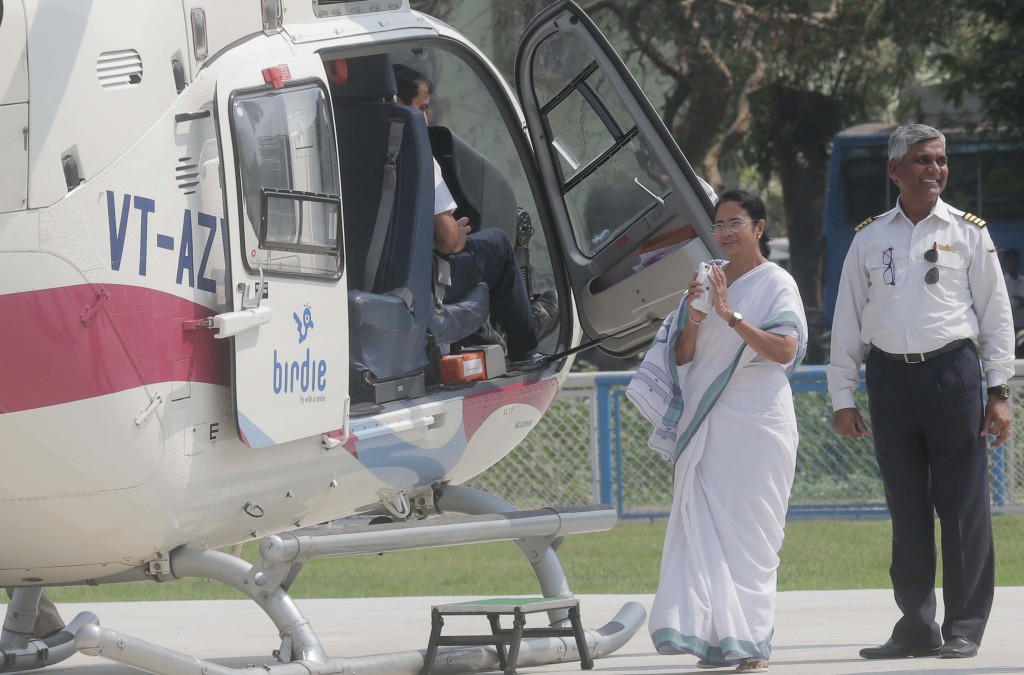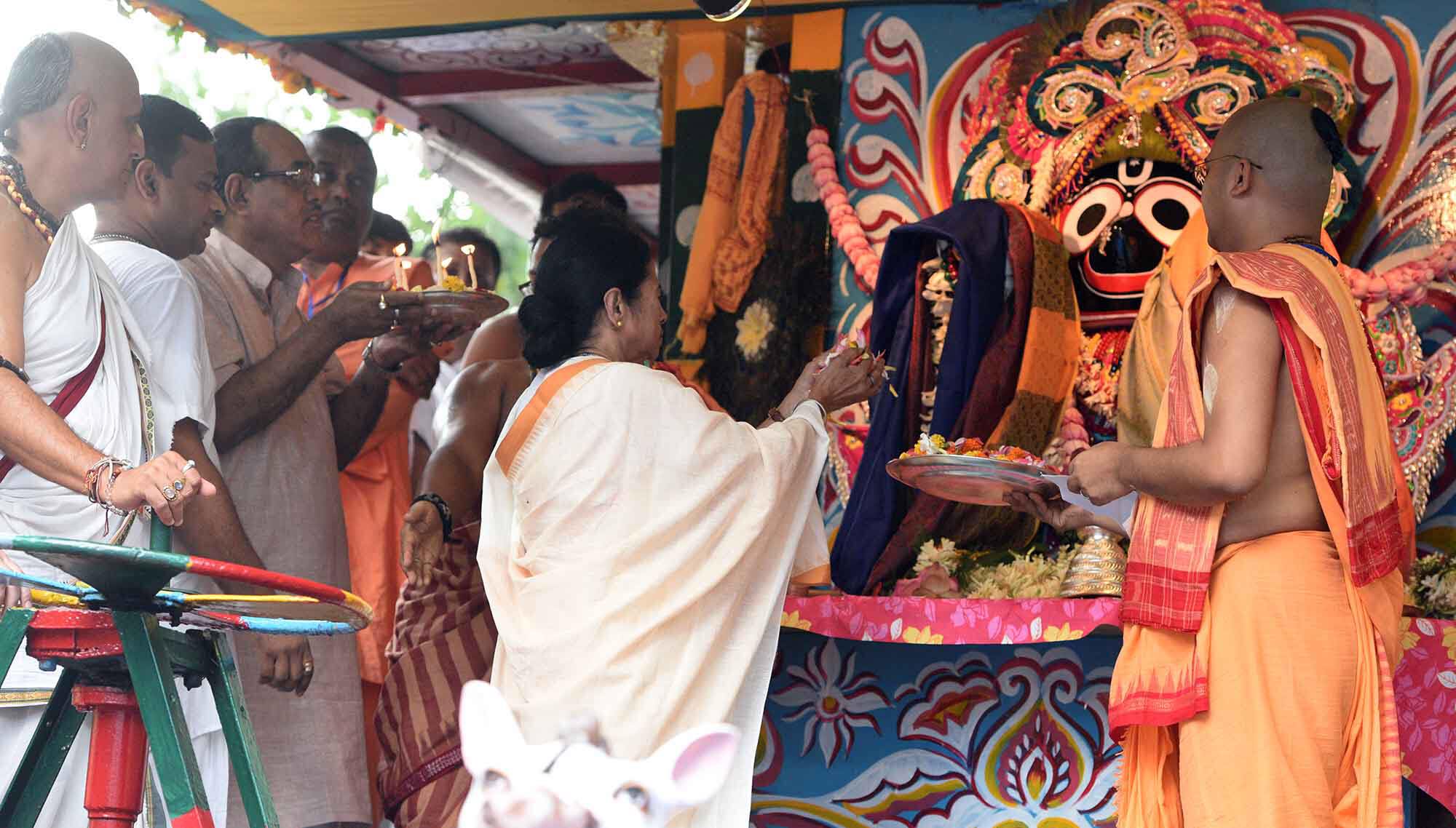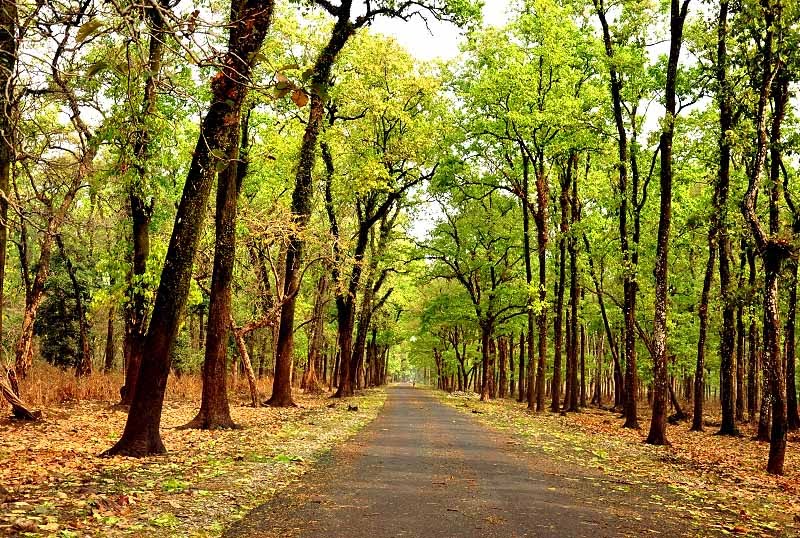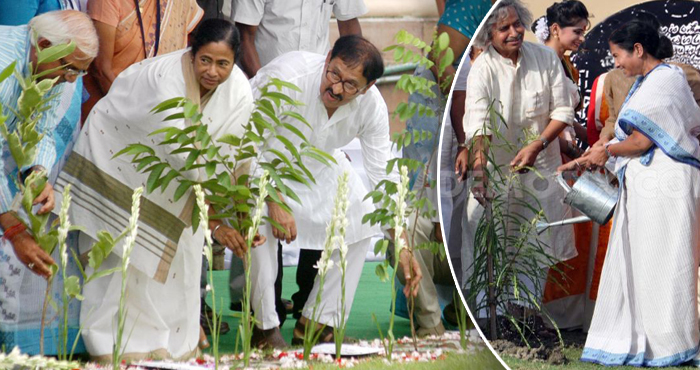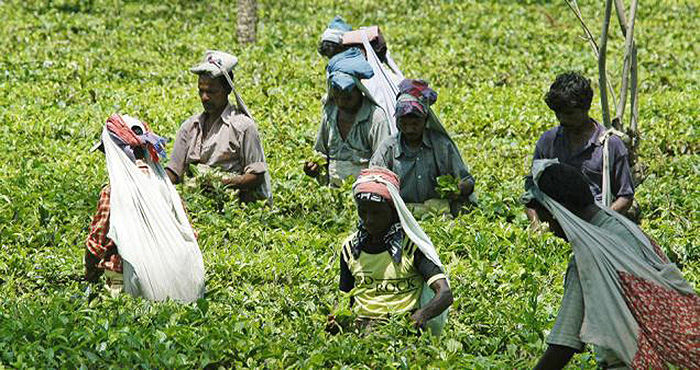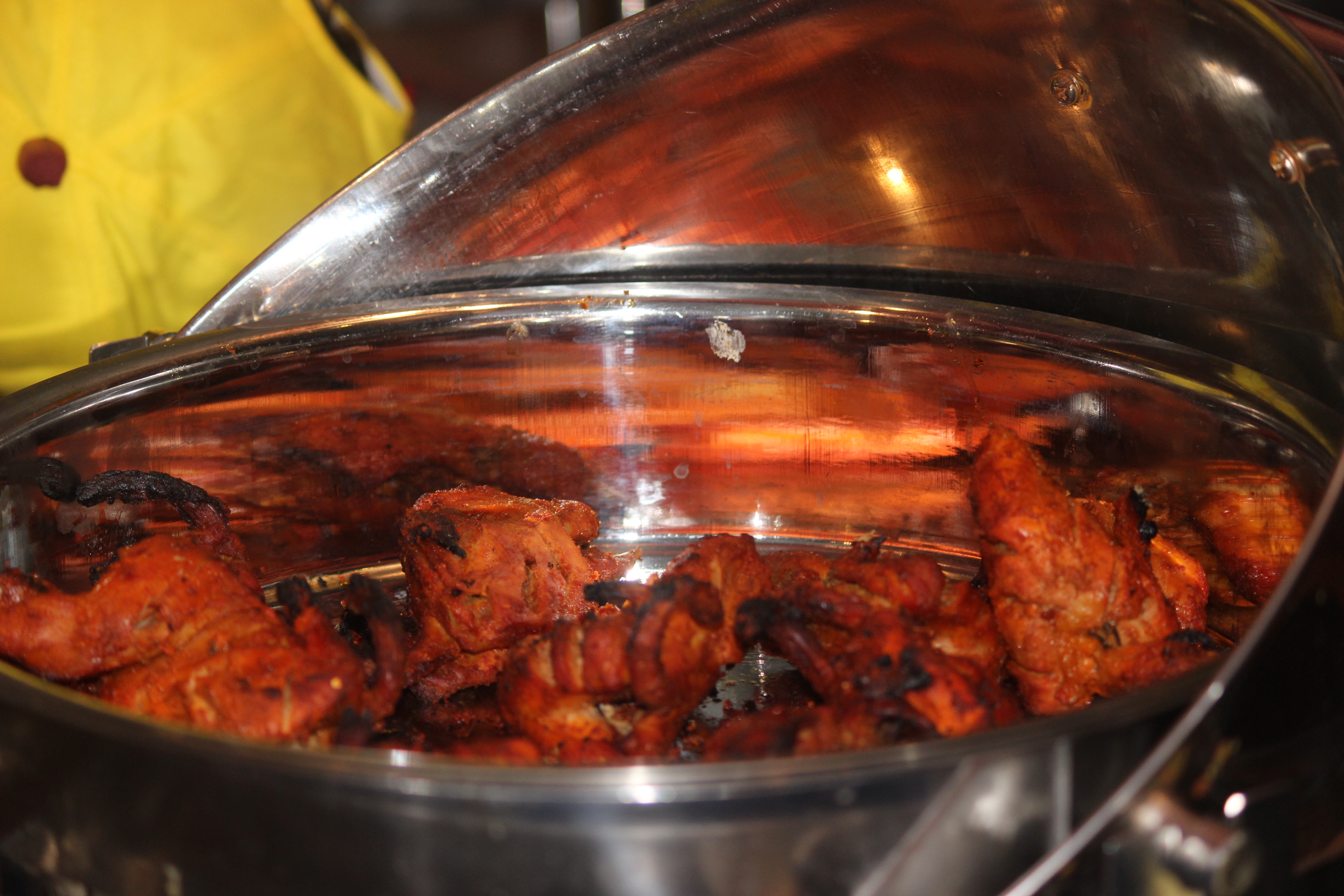The cooperative sector is a major success story in Bengal. As per the direction of Chief Minister Mamata Banerjee, the State Cooperation Department, by empowering cooperatives societies, upgrading numerous societies to banks to overcome the problem of lack of banks in far-flung areas, and through loans from cooperative banks, creating lakhs of self-help groups (SHG), has enabled the rural populace of Bengal to enjoy an economic revival like never before.
In total, there are more than 28,000 cooperative societies having a membership of more than 78 lakh, and lakhs of self-help groups involving more than 18 lakh people.
Achievements of the Cooperation Department
Huge increase in loan dispersals: Over the last seven financial years, that is, 2010-11 to 2017-18, crop loan disbursed has increased by 143.88 per cent (from Rs 1,388 crore to Rs 3,385 crore) and loan given to SHGs has increased by 374.42 per cent (Rs 129 crore to Rs 612 crore).
Huge increase in paddy procurement: Over the last seven financial years, that is, 2010-11 to 2017-18, quantity of paddy procured by BENFED and CONFED has increased by 157.87 per cent (1.97 lakh MT to 5.08 lakh MT), whose corresponding value increased by 124.5 per cent (Rs 351 crore to Rs 788 crore).
BENFED is the acronym for West Bengal State Cooperative Marketing Federation Ltd. While CONFED is the acronym for West Bengal State Consumers Cooperative Federation Ltd.
Crop loans: During financial year (FY) 2016-17, more than 50 per cent of crop loans in Bengal, or Rs 3,018 crore, was extended by cooperative banks only. Over the last seven years, crop loans to the tune of Rs 18,162 crore have been disbursed.
Kisan Credit Cards: During the last seven years, 8,97,664 Kisan Credit Cards (KCC) have been issued. ATM-enabled RuPay Kisan Cards has been introduced and already around 10 lakh cards have been distributed amongst the farmer-members.
Membership drives: A special initiative was taken to enhance membership of cooperative societies, as a result of which 1,51,602 new members have been enrolled by primary agricultural cooperative societies (PACS).
Elections for cooperative societies: Cooperative Election Commission was set up for holding free and fair elections for management of cooperative societies. It started functioning from April 16, 2012, since when, elections to 8,262 societies have been held.
Financing: During the 2017-18 fiscal, West Bengal State Cooperative Agricultural and Rural Development (WBSCARD) Bank received the highest ever refinance of Rs 212 crore from NABARD.
Crop loans: There are 23,70,281 Kisan Credit Card (KCC) holders and crop loans worth Rs 2,005.33 crore have been disbursed to 8,41,424 farmer-members.
Self-Help Groups (SHG): FY 2017-18 saw the creation of 1,721 SHGs and the credit-linking of 18,029 SHGs. Loans worth Rs 612.25 crore have been extended to SHGs.
Kharif marketing season (KMF): During KMS 2016-17, 28 lakh metric tonnes (LMT) of the 39 LMT of paddy procured was through cooperative societies.
Seed multiplication units: As part of the cooperative sector, 57 seed multiplication units have been set up; another three, involving Rs 1.14 crore, are to be completed soon.
Godowns: Four storage godowns, having a total capacity of 5,462 MT, have been constructed at a cost of Rs 2.73 crore.
Cold storages: Construction of six cold storages, having a total capacity of 49,000 MT, is going on at a cost of Rs 67.18 crore.
Samabay Bhavan: The purpose of Samabay Bhavans is to bring all the district offices and institutions of the cooperative sector under one roof to ensure smooth and hassle-free service. So far, Bhavans have been completed in Purba Bardhaman (Bardhaman), Paschim Bardhaman (Asansol), Bankura, Purulia, North 24 Parganas and Paschim Medinipur. Construction is going on in Malda.
Sufala outlets: Sufala outlets are being opened across more and more districts to provide quality vegetables and grocery items to the masses at fair prices. For selling at these State Government-owned outlets, the government buys directly from the farmers thus helping them get remunerative prices. So far, 30 Sufala outlets have been opened across six districts and 70 Mobile Sufala outlets have been opened across seven districts.
Fairs and conventions: Samabay Mela 2017 was organised from April 11 to 13, 2017 at Netaji Indoor Stadium, Kolkata to showcase the achievements and products prepared by the cooperative societies and self-help groups. At the function, Samabay Ratna, Samabay Bhushan and Samabay Shri awards were bestowed on cooperatives. On January 25, 2018, the first-ever convention on cooperatives in Bengal since independence, titled ‘Cooperatives in Socio-Economic Development’, was held at Netaji Indoor Stadium. It was inaugurated by the Chief Minister.
Government to citizen services: An initiative has been taken by the Cooperation Department to incorporate the services offered in terms of the West Bengal Cooperative Societies Act and the rules therein into the e-District Project under the National e-Governance Plan through which government-to-citizen services will be provided online. The objective is to ensure prompt and effective delivery of services in a transparent manner. A total of 89 services have been identified for the purpose, of which six services have already gone live, nine more services are ready to be deployed live and development work of the remaining services are under process.
Awards: Nadia District Central Cooperative Bank Ltd., Krishnanagar has received the award for best performance in the country during FY 2017-18 for outstanding performance in SHG development.

